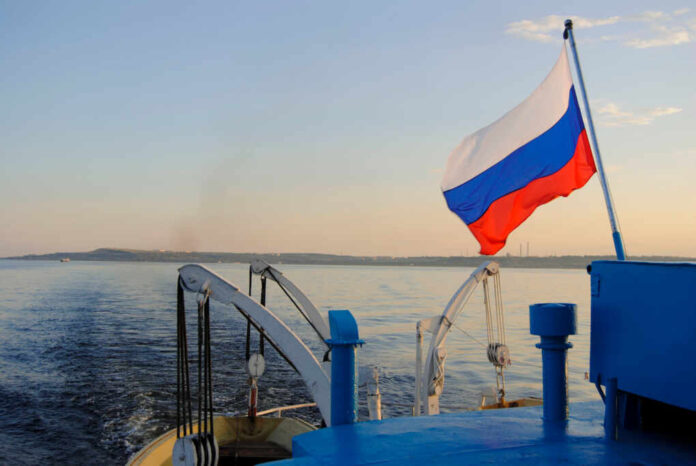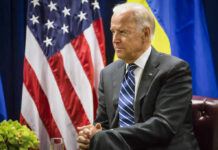
A Russian flotilla, including a nuclear submarine, a frigate and two support ships, is scheduled to make a port call in Havana between June 12 and June 17, according to a press release by the Cuban foreign ministry. The visit, which is part of a planned exercise in the Caribbean involving Cuba and Venezuela, is being touted as a demonstration of the “historically friendly relations” between Cuba and Russia.
The Cuban government has assured that the Russian ships do not carry nuclear weapons and do not “represent a threat to the region.” However, the deployment comes at a time of heightened tensions between Russia and Western nations, particularly in light of the ongoing conflict in Ukraine and the use of Western weaponry against Russian military targets.
The ships involved in the upcoming visit include the Project 22350 Admiral Gorshkov guided missile frigate, the Kazan, a Project 885 Yasen-class guided missile submarine, a fleet oiler and a salvage tug named “Nikolai Chiker.” The presence of the salvage tug has raised some eyebrows, given its ominous implications.
While some are portraying this deployment as Vladimir Putin’s “asymmetrical” response to the West’s support for Ukraine, it is important to note that Russian naval visits to Havana are not a new occurrence. Russian ships have been deploying to the Caribbean since 2008 and have done so annually from 2013 through 2020. The last visit of a Russian Navy ship to Havana was the Perekop, a Smolnyy-class training ship that visited in July 2023.
Despite the Cuban government’s assurances, there are doubts about the absence of nuclear weapons on the Russian vessels, given the likelihood of a nuclear-capable submarine carrying nukes on an extended cruise. However, experts argue that this flotilla poses no significant threat to the US or any other country, and is more likely a flag-showing expedition to bolster Russia’s shaky allies in the region.
As the Russian ships make their way to Havana, the international community will be closely monitoring their movements and the broader implications of this deployment in the context of the ongoing geopolitical tensions between Russia and the West.















